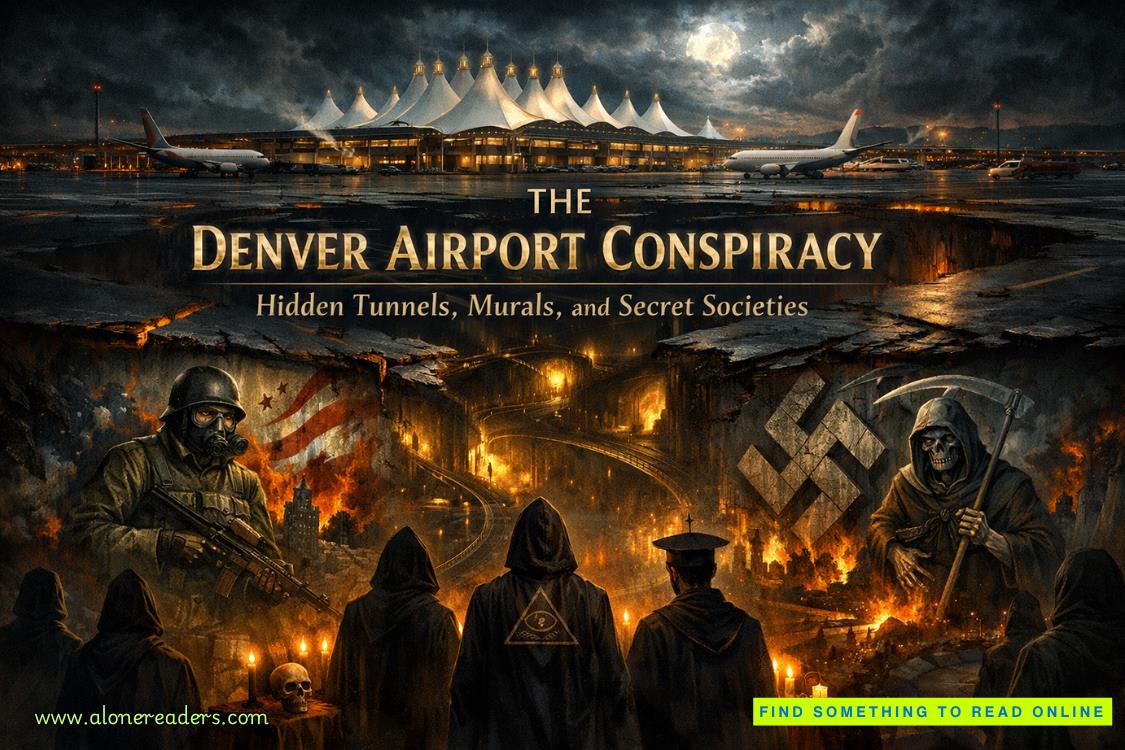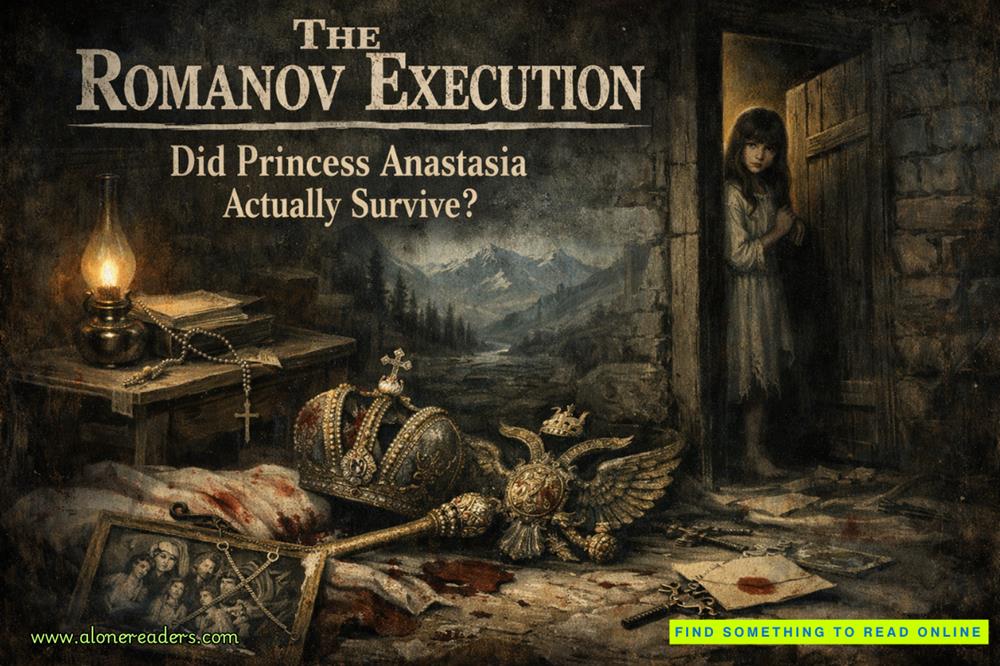The corner of his mouth twitches.
We eat our lunches standing up at the front counter, me on one side, him on the other. I’m the only one in the shop, and even though I could sit in the back and ask people to ring a bell for service, I don’t like doing that. This is better.
It’s comfortable. It’s companionable. We talk about a vision I have for redesigning the shop and the interview he had with Matias’s law firm.
We don’t talk aboutusor the future.
He brings me lunch every day after that. Every day, he says, “You can tell me to leave you alone.”
Every day I say, “You don’t have to leave,” and he waits, and I add, “Today.”
I look forward to those lunches more than anything else in my life.
One day, he asks if I can leave the shop for a little while. I say yes. He hustles me to the car and drives us toward Bend. I can’t figure out where we’re going until he pulls up in front of Five Rivers Arts and Crafts.
“I haven’t seen your show yet,” he says.
He sets the pace as we walk among the quilts and their admirers. He asks me questions about how they’re put together. Good questions. Thoughtful questions. When we’re done, he tells me that my show iswaybetter than the one we saw on the road, and that every minute of our trip was worth it, just to make this show happen.
“And for a hell of a lot of other reasons.” His eyes are steady on mine. “Happy to list them for you, when you’re ready.”
He drives me back to the store. At the door he says, “I’ve taken up a lot of your time already today. You probably don’t want me to come in for lunch.” He shows me the sandwiches in the cooler in his back seat.
“Don’t leave,” I say.
I almost forget to add, “Today.”
Move-in day comes for my new apartment. Mari and Kane help me move. Rhys shows up at nine with a box of doughnuts and a flat of coffees in hand. “I heard a rumor that you were moving today,” he says. “I came to see if I could help. You can tell me to leave you alone.”
“Don’t leave,” I say.
He waits.
I don’t sayToday.
He fights back a smile. I do, too.
He’s good at moving furniture. For one thing, he’s extremely strong. But he’s also excellent at figuring out how to maneuver big things through small doorways and stairwells. He can rotate objects in his mind. He also goes out and gets us sandwiches at lunch and pizza and beer for dinner.
Over dinner, Kane wants to know what’s going to happen with Rhys’s granddad’s will.
Rhys sighs. “We’ve got till the end of the month. Most likely, we’re going to end up contesting. Hanna gets a call almost every day from a bride who wants to get married ‘as soon as possible’ but ‘not that soon.’”
“I guess that’s notsupersurprising,” Mari says. “No one wants to be rushed into marriage.”
“And no one should be,” Rhys says. “The last thing any of us wants is to give guys like me more work.”
But his tone is teasing, and I love how relaxed he seems as he moves toward his less-sharky life.
After dinner, Mari and Kane leave, but Rhys stays. He helps me make the bed and unpack enough kitchen things that I can muddle through breakfast tomorrow morning.
When he says he should go, I say, “Hug?” and he hugs me. He’s warm and muscular and I missed everything about him—the smell of soap and deodorant and his musky sweat, the hardness of every plane of his body, the small exhalation he permits himself when I’m in his arms, like finally, finally, he can relax. I remember how much I loved being the place he felt safe enough to lose control, and my whole body goes molten as those memories flood me.
I don’t want him to leave, but he does, and I don’t try to stop him.
He skips several days of lunch—he’s warned me this will happen, because he has to go back to New York to take care of some things—and I miss him.
When he comes back to town, he tells me he’ll pick me up at store-closing time and that I should have a change of clothes that can get dirty.















